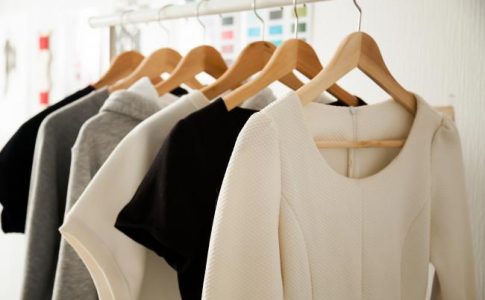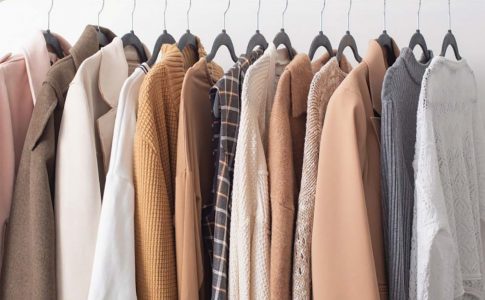In a world increasingly attuned to the social and environmental impacts of consumer choices, ethical considerations are becoming an essential part of the shopping process. Among these considerations, the fabrics that constitute our clothing play a pivotal role. The textiles we select not only affect our personal style but also influence the health of the planet and the well-being of those who create our garments. This article serves as a comprehensive guide, equipping you with the knowledge needed to make informed and ethical fabric choices as you embark on your shopping journey.
Ethical fabric choices extend beyond mere aesthetics, delving into the realms of sustainability, environmental consciousness, and humane working conditions. By opting for fabrics that embody these values, consumers contribute to a more responsible and ethical fashion industry.
The choice between natural and synthetic fabrics is a pivotal consideration in ethical shopping. Natural fabrics, such as organic cotton, hemp, and bamboo, derive from renewable plant sources and often possess a lower ecological footprint. For instance, organic cotton is cultivated without synthetic pesticides or genetically modified organisms, promoting both environmental health and the well-being of farmers.
Synthetic fabrics, in contrast, originate from petroleum-based chemicals. While they may offer durability and versatility, their production can contribute to emissions and the issue of microfiber pollution. However, innovative solutions like recycled polyester address these concerns by repurposing existing plastic waste.
Certifications and standards provide a reliable means of identifying ethically produced fabrics. The Global Organic Textile Standard (GOTS), for instance, ensures that textiles are manufactured using environmentally friendly processes and under humane working conditions. Other certifications, such as OEKO-TEX Standard 100 and Fair Trade, also serve as indicators of ethical and sustainable practices.
Beyond the origin of the fabric, consider the broader environmental impact of its production. Factors such as water usage, energy consumption, and chemical application during the manufacturing process contribute to a fabric’s overall ecological footprint. Fabrics like Tencel (lyocell) and modal are celebrated for their closed-loop production systems, which minimize waste and reduce environmental strain.
Opting for fabrics that prioritize durability is a cornerstone of ethical fabric choices. By selecting well-crafted garments made from high-quality materials, you contribute to the reduction of waste and the extension of the garment’s lifecycle. Investing in enduring pieces fashioned from ethical fabrics promotes a sustainable and responsible approach to fashion.
Supporting brands that embrace transparency in their supply chains is a powerful way to advocate for ethical fabric choices. Brands that openly communicate their sourcing practices and uphold fair working conditions throughout the production process are more likely to align with your ethical values.
Staying informed about innovations in sustainable fabrics empowers you to make cutting-edge ethical choices. From Piñatex, a leather alternative crafted from pineapple fibers, to lab-grown materials like mushroom leather, the fashion industry continues to explore groundbreaking solutions that minimize environmental impact and promote ethical practices.
By supporting local artisans and traditional weaving techniques, you actively contribute to ethical fabric choices. Handwoven textiles often have a reduced carbon footprint, as they rely on minimal energy and machinery. Additionally, investing in these distinctive fabrics aids in preserving cultural heritage and bolstering local economies.
Holistic ethical fabric choices encompass the entire lifecycle of a garment. This encompasses not only the production phase but also aspects like dyeing processes, transportation, and end-of-life disposal. Opting for fabrics that are biodegradable or easily recyclable contributes to the establishment of a circular fashion economy.
As conscious consumers, we wield the ability to effect positive change within the fashion industry through our fabric choices. By comprehending the impacts of natural and synthetic fabrics, seeking out credible certifications, evaluating environmental factors, championing durability, and supporting transparent brands, we forge a path toward a more sustainable future. The journey toward ethical fabric choices entails an investment not just in our closets, but in the preservation of our planet and the well-being of those who shape the world of fashion.





No comments